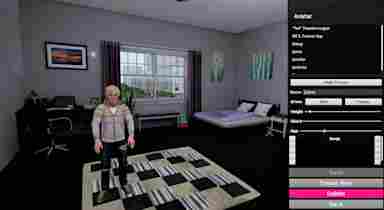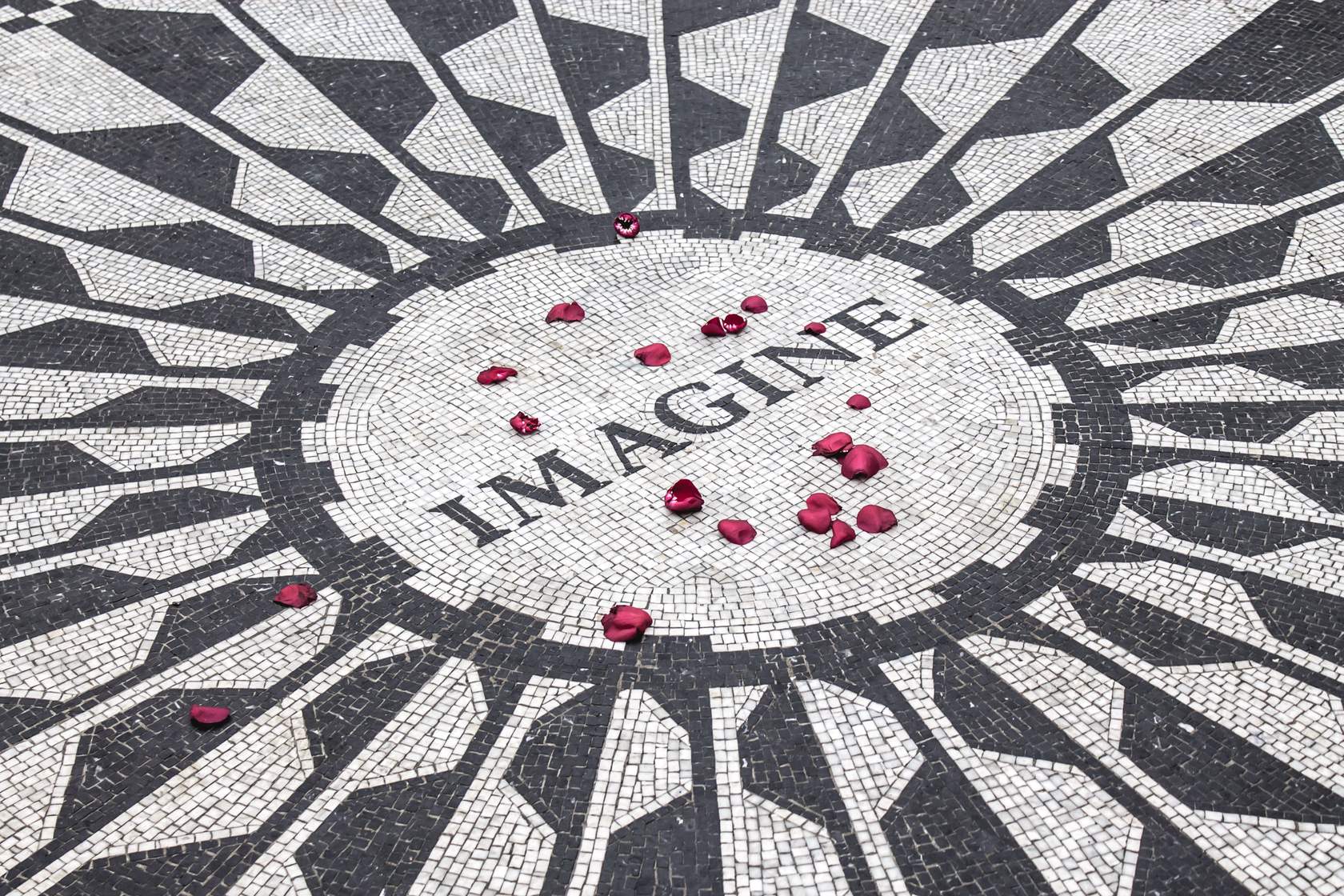
Center for BrainHealth at UT Dallas and nonPareil Institute Partner to Get Adults With Autism Job-Ready
Center for BrainHealth
Share this article

Tandra Allen, MS, CCC-SLP
Assistant Director of Research
Related Information

Sachse Man With Autism Helps Design Virtual World to Make Life Better for Adults Like Him
Charisma helps adults on the autism spectrum sharpen their perception of social cues and responses through real-time conversations in a virtual setting.